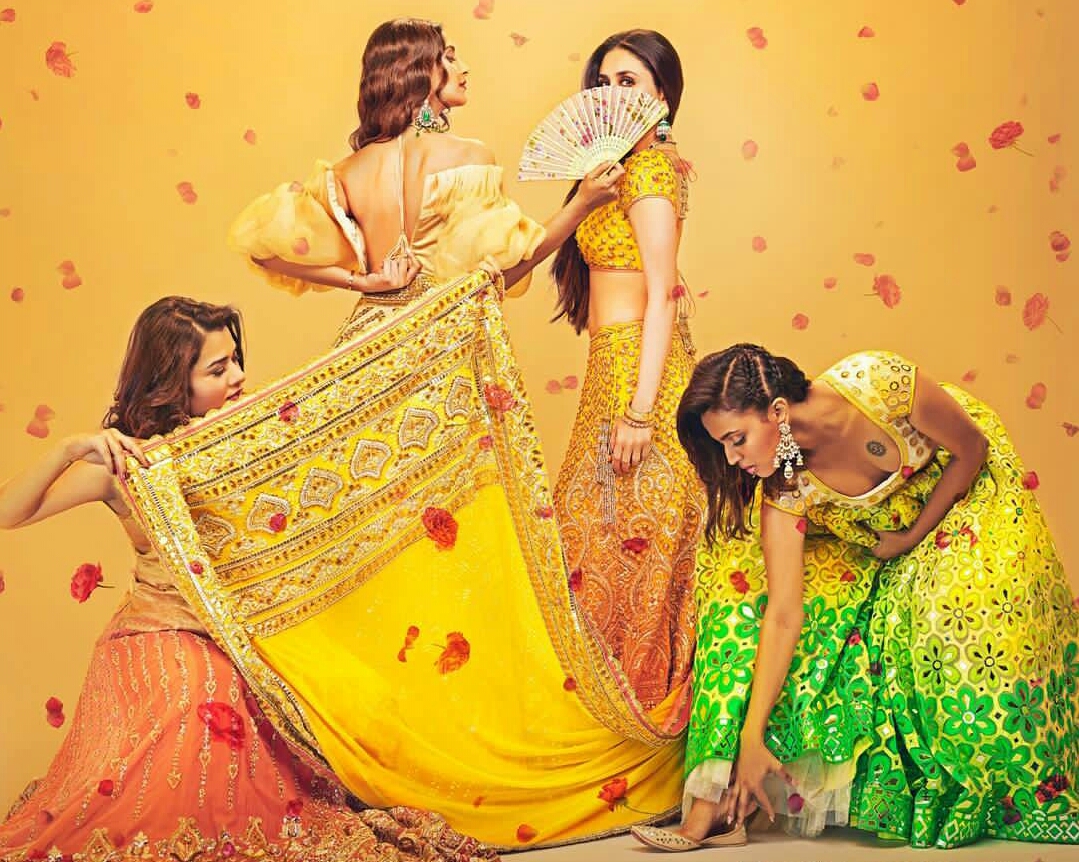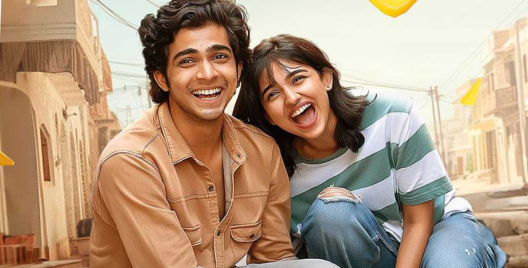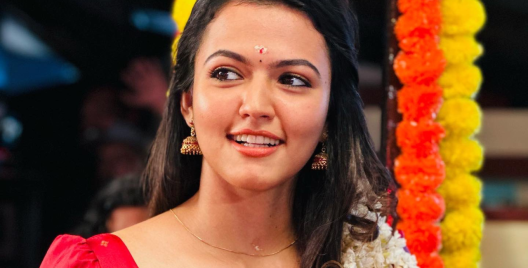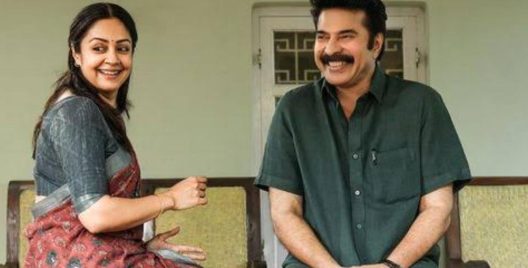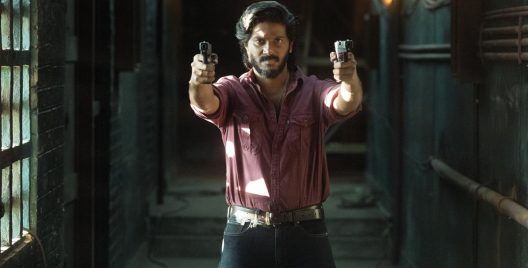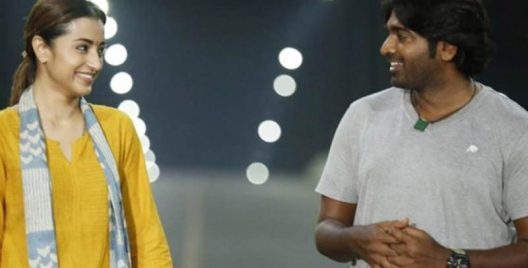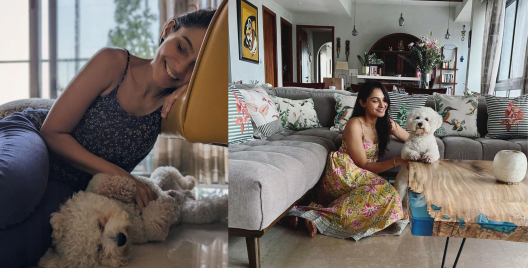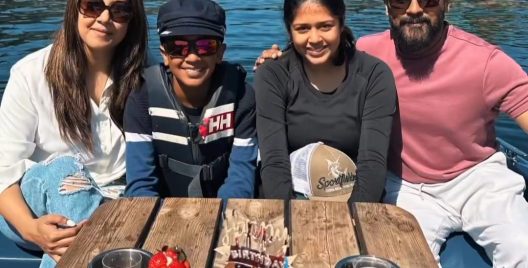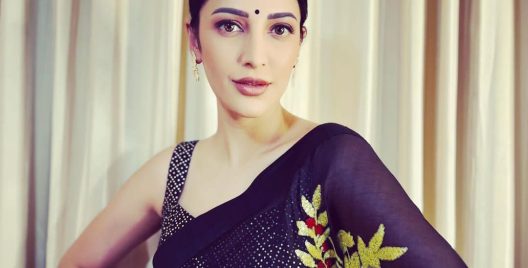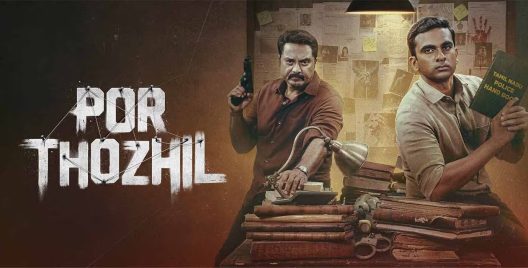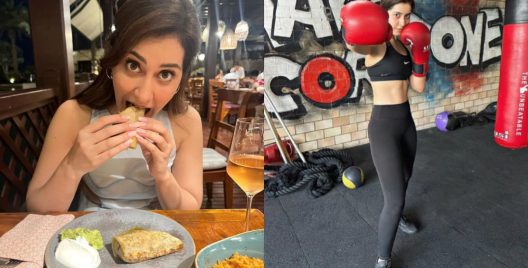When the remote would land in my hand, I’d often choose a film considered “softer”, “lighter”, and more for “chicks”. Irrespective of the fact that the term “chicks” was demeaning enough, they would further laugh at the idea of having a film starring two or more women even if they pretty much did exactly what their hero would do – wipe out bad guys with a gun, kiss the man of their dreams, and use a catchphrase worthy line. The ribaldry over “chick flicks” gets worse when the female lead does fun things, deals with real problems such as masking a hangover at work, or mornings when your rent money is due, and yet, storm through it. Much like the films they watched, there were happy endings in the films I watched, too, but the only difference was mine had a woman in the lead while theirs was a macho man at the forefront. The bias was evident; my anger was real.

Over the years, this flippant labeling of female-lead films as ‘chick flicks’ continues to thrive, as though it’s something you need to steer clear from. So when Veere Di Wedding’s trailer came out, the entire lot decided to erase any associations with the terms. It’s not a genre of film, mind you. It’s regarded as a made up term to tell most men that there will be women doing things, looking pretty, and mostly not wielding a gun, as a caution to choose the film with the macho guy on the poster instead. There aren’t enough eye-rolls for me to get past that logic.
The trailer has all four protagonists talk about sex, hurl expletives, marriage, life, and friendship all showcased within a span of three minutes. What was more heartening was that three out of the four leads are mainstream actresses with a track record of starring in mostly ‘clean’ U-rated Hindi films. So if anything, by the looks of it, the film has the perfect mix of friendship, feminism, and zero F’s to give! And then the hashtag begins – #IAmNotAChickFlick.
To someone who is looking forward to this comedy-drama with girls having each others’ back, the mere disassociation from the term is problematic enough because why pander to those beliefs that films starring women are “chick flicks” regardless of what the story is, what their characters face, or how real their problems are? By shunning the words altogether, it’s rather disheartening on the part of those strong women from the industry such as Ekta Kapoor, Sonam Kapoor, Kareena Kapoor, and the others involved in the film, who have made it clear in the past that they have a mind of their own and will not give in to what men expect from them.
Dismissing it propagates the same old stereotype around it, that the female leads might best be described as flashy bimbos with no “real” issues. Wasn’t the entire concept of chick flicks riding on the fact that women are there for each other, like in the terrific Reese Witherspoon-starrer Legally Blonde and the Tina Fey-backed Mean Girls? Something that even Veere Di Wedding‘s trailer attests to. Forget terms such as ‘women-centric’ or ‘female-oriented’ that often take precedence over the oft-shunned ‘chick flicks’. Reclaim them, it’s the story and narrative that counts, the cast that promises a jolly good time, and a tag that needs no shying away. A chick flick, you say? Bring it on.



